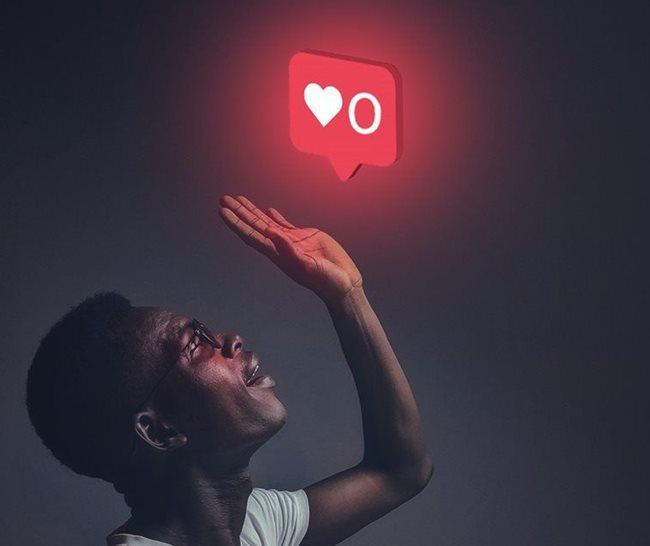
In fact, not participating in some of these networks positions one as a passive citizen, and not an active one.
For example, some career portals require prospective candidates to be linked-on to LinkedIn, otherwise your application is not even considered. In this case, having an impeccably typed-out and formatted Word Document for a curriculum vitae will simply not suffice.
The face of fellowship has had a facelift, and we have to urgently evolve along with this information and communications technology-buzzed world for progress and, hopefully not unto the degeneration of society.
Otherwise, we face death by Artificial Intelligence.
Access to information
Let's look at access to information. There are currently a couple of mainstream newspapers that strategically stream marketable new stories to be broadcast on their online platforms alone, making their blogs a kind of public domain that masses aspire to all be part of.
Bearing all this in mind, we know that there are still many South Africans who do not have access to data therefore making being an online citizen a kind of gentrified residence accessible to those who can buy themselves in.
Being "connected" around the clock is simply not a reality for most.
I am not encouraging a lifestyle of permanently being on your device which is unhealthy.
The ideal is that every single adult person - irrespective of race, class and creed - should be able to compose an e-mail, search for information and utilise a messenger application with no qualms or exclusion, throughout the day. Or at least, for some parts of the day and for free of charge.
2020 was one trying year and for many, having access to social networks and media applications such as YouTube and Zoom, played a role in preserving livelihoods, keeping businesses afloat and having learners still learning.
Platforms for survival
Social networks, arguably so, have become our modern day creative commons, where we "connect" and graze platforms for survival.
They are where we learn to adapt to a bricolage of cultures; from mainstream to the alternative and subversive.
It is where we showcase our skills and talents, glean knowledge and where we share our voices and stories.
It can also be where we lose focus from our priorities, mix in with the wrong forums, get phished and over share.
Nonetheless, our society will never go back to traditional communication.
The other day I found myself carrying my handset to the loo and while pitted on the seat I took a close-up selfie. I am not even sure why I did it, but I knew then that "I was in too deep," as Damian Marley's song goes.
For this I realise, that as much as social networks and being an online citizen is resourceful it also lends to virtual jetlag, where we find ourselves methodically going through the motions of employing all these apps as muscle memory and ritual.
This is a serious dilemma
I am sure as I write this letter that new social apps are being created. And, why not? A couple of these apps have revolutionised our times looking at Facebook which is basically a virtual album and inventory of daily activity, Twitter - a virtual grapevine , TikTok - virtual pageantry and performativity, Instagram - a curated-album and portfolio serving different agendas, YouTube -an archive of video tutorials and citizen journalism and Zoom - an online video meet up spot. And the list goes on. Not forgetting the many games, exercise and learning apps out there.
All these networks are critical for relevance in today's world and are a means for survival.
So let's continue to host virtual festivals , hold real time seminars from our studies and garages, sift through information in a quest to discern what is credible and what is fake news. In all, let's also watch out for social network fatigue and not forget to look up at the sky and smell the roses.